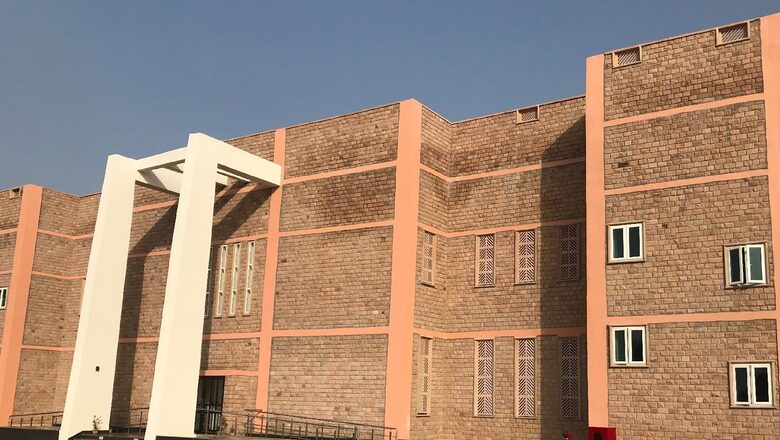
views
The Indian Institute of Technology (IIT) Jodhpur has advanced its civil and infrastructure engineering curriculum. Now, the traditional stream will have new-age topics including infrastructure planning and designing, Artificial Intelligence and Machine Learning, smart materials and sensors, and security of infrastructure against physical and digital threats.
Unlike the traditional Civil engineering programs being offered by other higher education institutes, IIT Jodhpur has a set of dedicated core and elective courses. These courses allow students to earn a specialization in either ‘Smart infrastructure’ or ‘Environmental engineering’ in addition to the regular BTech.
Read | IIT Delhi to Start MTech in Machine Intelligence & Data Science
IIT Jodhpur also included courses involving digital twin and asset management, design, and simulation. The program also offers new courses related to large-scale integrated infrastructures such as telecom and IT, renewable and non-renewable energy, railway, airport, and seaport design.
IIT Jodhpur claims that it is a one of a kind programme and with it envisions building a new class of engineers who have a strong foundation in the analytical, experimental, and computational methods to study various aspects of civil and infrastructure systems as well as have a thorough understanding of green and sustainable materials, practices, and principles to design resilient infrastructure systems.
Also Read | IIT Bombay Launches Online Course in Digital Transformation, Electric Vehicles, Anyone can Apply
The Institute claims that it also encourages its students to undertake multidisciplinary projects in smart infrastructure and sustainable development with this program.
The course also aims at helping students understand real-world problems related to air and water pollution, solid waste management, ecological and environmental degradation, and their monitoring and remediation, claims the IIT.
Dr Ranju Mohan, Head, Department of Civil and Infrastructure Engineering, IIT Jodhpur, said, “Unlike the manufacturing, automotive, and aerospace industries, civil and infrastructure industries have been slow in embracing the digital and transformative technologies. The application of artificial intelligence, cyber-physical systems, and digital twins will reduce cost and time, streamline construction, and reduce waste. Our program has a course structure that incorporates and integrates conventional civil engineering with these advanced transformative technologies. In this way, we are creating next-generation Civil Engineers who can address societal needs from a multidisciplinary perspective which is exactly what the current industry needs.”
Read all the Latest News , Breaking News and IPL 2022 Live Updates here.



















Comments
0 comment